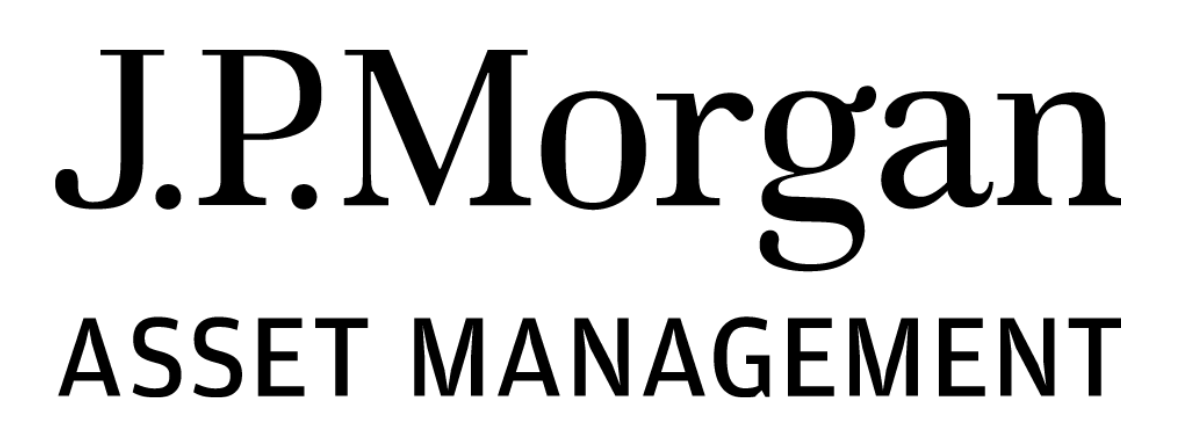With bonds now looking more attractive than they have in more than a decade, it is time that investors looked afresh at the financially material ESG factors that may impact long-term fixed income valuations. A particularly effective tool that active managers can use to mitigate material ESG risks in their portfolios is investment stewardship.
However, while engaging on ESG factors, alongside other financially material factors, is well understood among equity investors, the relationship between fixed income stewardship and ESG is perhaps less appreciated.
Here, we look at three key reasons why we believe fixed income investors can engage just as effectively on financially material ESG issues as their equity counterparts.
Engagement with bond issuers is well established
One thing that is often overlooked when it comes to corporate engagement is that it is not just shareholders that have a seat at the table. While bond holders do not get to attend annual general meetings or vote proxies as shareholders do, this does not mean their voices are not heard. As bond holders, we believe our role in providing financing to issuers means we have the ability to advocate for the long-term financial benefits of our clients.
Bond holders can engage with issuers right from the start of the financing cycle. When bond investors agree to lend money to issuers, they provide crucial real-time financing to fulfil the needs of issuers as they arise. As a result, each and every time a bond issue comes to market, investors need to be comfortable with the issuer’s business strategy and financial health – and this includes considerations of financially material ESG risks that may have been identified in the research process.
Investor engagement with bond issuers is, as a result, already quite advanced and well established. For example, corporate debt issuers in energy-intensive industries are expected by European investors to have credible plans in place to address risks associated with climate change and the transition to a lower carbon economy.
More broadly, there is also extensive scope for engagement through ongoing dialogue with issuers – including at the time of new issuance – on bond holder-related governance, transparency of covenants, review of transaction documents and other issues, such as the use of proceeds. At J.P. Morgan Asset Management, our credit analysts are in regular dialogue with the management teams of the companies they cover.
The interests of bond holders and shareholders are aligned
A key way that bond holders can engage effectively on financially material ESG issues is to work alongside shareholders. A number of publicly-listed companies also issue debt, and in these instances, there can often be a large amount of overlap in the objectives and interests of equity and bond holders, especially when thinking about major financially material ESG issues, such as climate change and human capital. For example, at J.P. Morgan Asset Management, many of our engagements with corporates on financially material ESG issues cover the same topics regardless of the asset class in which we are invested.
It is important, however, to look at the capital structure of companies to understand the extent to which bond holders are seen to be important to corporate management. In some sectors, such as electric utilities or financial institutions, debt can make up a notable portion of balance sheets so the role of the bond holder in the engagement debate can often be influential within these industries.
Bonds provide the potential for broad engagement
When it comes to engagement, bond holders have the potential to reach a broad range of companies and organisations. Bond markets include many private and mutual companies, for example, as well as sovereign and sovereign-linked entities, allowing engagement with bond-only issuers that do not have public equities issued.
In these areas, the ability to engage on financially material ESG issues is improving rapidly.
When it comes to private companies, where investors have historically found it difficult to obtain reliable ESG information, lenders now have improving transparency over how their money will be used by borrowers thanks to the development of sustainability-focused debt markets such as the green bond market.
In the sovereign space, engagement is more nuanced compared to the corporate market given the inherent politics involved. We seek to engage with the sovereign market in a variety of forms, including meeting with government officials regularly to review climate risks that could have a financially material impact on client portfolios. Even though at an early stage, the ability for bond holders to engage more proactively with governments increases the scope of fixed income engagement.
The result is that bond holders have routes to engage with a wide variety of companies and organisations, providing the opportunity to expand on major issues that cause risks and create opportunities for our clients’ portfolios such as climate risks.
Do not miss the opportunity for fixed income engagement
As investors return to fixed income, the opportunities for effective and broad engagement on financially material ESG factors cannot be ignored.
Not only do fixed income investors have a seat at the table when it comes to engagement with the companies that they are helping to finance in the long-term, but also the global bond markets provide wide-ranging possibilities to work alongside equity holders, as well as to engage with private companies and sovereign issuers, in order to help address the material risks and opportunities facing client portfolios.
Dynamic ETF solutions for today’s bond markets
Global bond markets provide a multitude of opportunities for investors looking to manage portfolio risk, target long-term growth and generate a regular, attractive income. By utilising the structure of the ETF wrapper, J.P. Morgan Asset Management’s fixed income ETFs have been meticulously designed to offer investors access to a range of easily tradeable and highly liquid active bond strategies, backed by the deep resources and rigorous research of a truly global fixed income investment platform.
Find out more about our fixed income ETFs at am.jpmorgan.com/ch/etf am.jpmorgan.com/ch/etf am.jpmorgan.com/fr/etf am.jpmorgan.com/it/etf am.jpmorgan.com/nl/etf am.jpmorgan.com/uk/etf or on your J.P. Morgan Asset Management country website
This is a marketing communication and as such the views contained herein do not form part of an offer, nor are they to be taken as advice or a recommendation. The value of investments and the income from them may fluctuate in accordance with market conditions and taxation agreements and investors may not get back the full amount invested. Past performance is not a reliable indicator of current and future results. There is no guarantee that any forecast made will come to pass. Investment decisions shall solely be made based on the latest available Prospectus, the Key Information Document (KID), any applicable local offering document and sustainability-related disclosures, which are available in English from your J.P. Morgan Asset Management regional contact or at www.jpmorganassetmanagement.ie. A summary of investor rights is available in English at https://am.jpmorgan.com/lu/investor-rights. J.P. Morgan Asset Management may decide to terminate the arrangements made for the marketing of its collective investment undertakings. Purchases on the secondary markets bear certain risks, for further information please refer to the latest available Prospectus. Our EMEA Privacy Policy is available at www.jpmorgan.com/emea-privacy-policy. This communication is issued in Europe (excluding UK) by JPMorgan Asset Management (Europe) S.à r.l. and in the UK by JPMorgan Asset Management (UK) Limited, which is authorised and regulated by the Financial Conduct Authority. 092q231906153316



